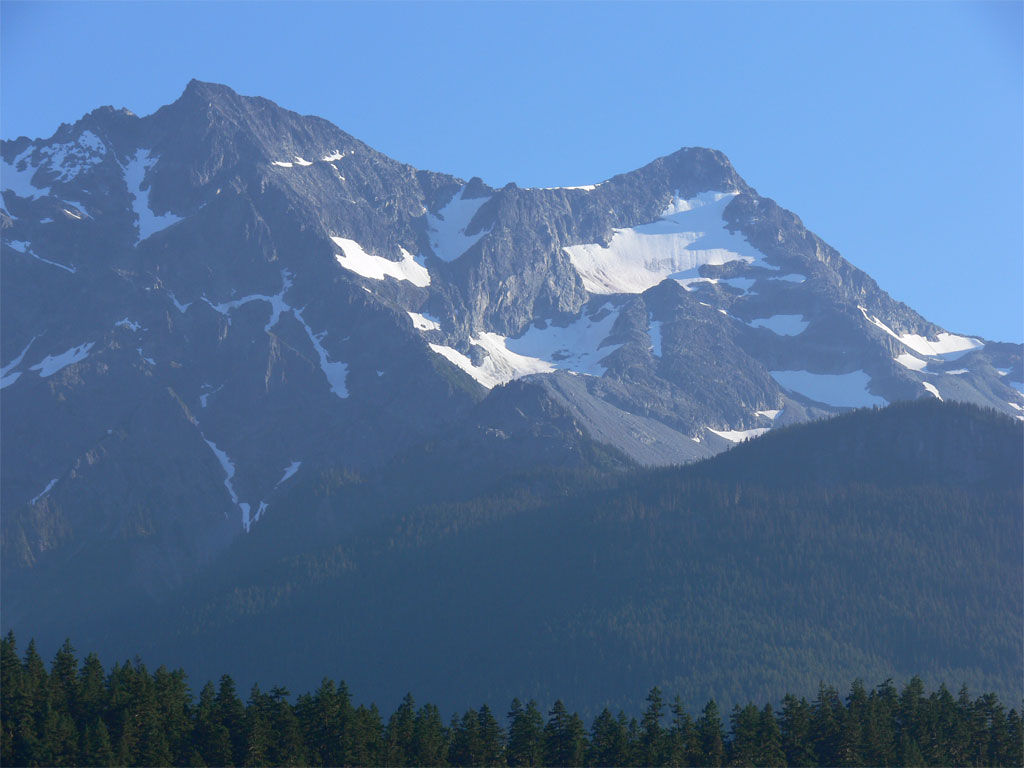Without the capacity to provide its own information, the mind drifts into randomness. -Mihaly Csikszentmihalyi
 In graduate school, I found myself one evening in a workshop on writing for the theater. We were to produce at least a scene, or, better yet, a short play, by the end of the evening. The instructor (whose name I have forgotten) led us through a series of exercises to generate ideas, images, characters, and then set us to writing, with one provision: every once in a while during the time set for quiet writing, she would speak - a phrase, a description of a sound, a character, an event - and we were to find a way to work whatever random thing she said into our scene.
In graduate school, I found myself one evening in a workshop on writing for the theater. We were to produce at least a scene, or, better yet, a short play, by the end of the evening. The instructor (whose name I have forgotten) led us through a series of exercises to generate ideas, images, characters, and then set us to writing, with one provision: every once in a while during the time set for quiet writing, she would speak - a phrase, a description of a sound, a character, an event - and we were to find a way to work whatever random thing she said into our scene.
I was writing a scene about a young woman trying to deal with the suicide of a friend, when the instructor spoke the word “parking.” This spurred a memory of vaulting parking meters on hot summer nights with my best friend in high school. We lived in a small town, and there wasn’t much to do, so we would run up and down main street, vaulting meter after meter until we were exhausted and laughing. The scene I wrote that night sat in my stack of papers for some time, until, eventually, I took it out, re-read it, and wrote a poem based on it. Eventually, the scene itself found its way into the novel I was writing (a requirement of the Creative Writing program I was in) which, later, became my first published novel. (Two Mothers Speak, Winston-Derek Press, 1996).
 In graduate school, I was of the opinion that I would become a writer of poetry or short stories, not novels. I had no urge to write a novel, and worked for hours on my poetry, gaining praise from my advisers. I went to the play-writing workshop not because I planned to be a playwright, but because I needed another seminar, needed inspiration, and it was the only workshop offered that night for writers - a random occurrence, a random chance.
In graduate school, I was of the opinion that I would become a writer of poetry or short stories, not novels. I had no urge to write a novel, and worked for hours on my poetry, gaining praise from my advisers. I went to the play-writing workshop not because I planned to be a playwright, but because I needed another seminar, needed inspiration, and it was the only workshop offered that night for writers - a random occurrence, a random chance.
Since then, in the teaching of writing, I have often used that instructor’s strategy in writing sessions - take the random, include it in whatever it is you’re writing, see what happens. One student in a creative writing class came up with the perfect idiosyncrasy for a character she was writing - he compared everything to $700. I.e.: “That man is as ugly as $700” or “It’s colder than $700 in here!.” Others found metaphors for freedom or love, hunger or loneliness, empathy or rage.
I have learned to trust the random. Watch, listen, be open, and pay attention to what happens within when you do. At one of my favorite writing spots months ago, a song I hadn’t heard in years - Spirit In the Sky - came on the jukebox (yes, they still have those) and was the catalyst for identifying the central love in my character’s life. Once, when completely stuck writing a scene with three people standing on a dark street corner talking, a walk by a fruit stand gave me the descriptor I needed for the night air they sensed: it smelled cantaloupe-sweet, and the rest of the scene followed.
Chaos theory proposes (among other things) that patterns that appear random actually have a pattern, a design, a purpose. As a writer, at those moments when the plan - the carefully designed outline or storyboard or sketch - fails us, if we turn from that information to the random, we may just find the very pattern our story needs.

